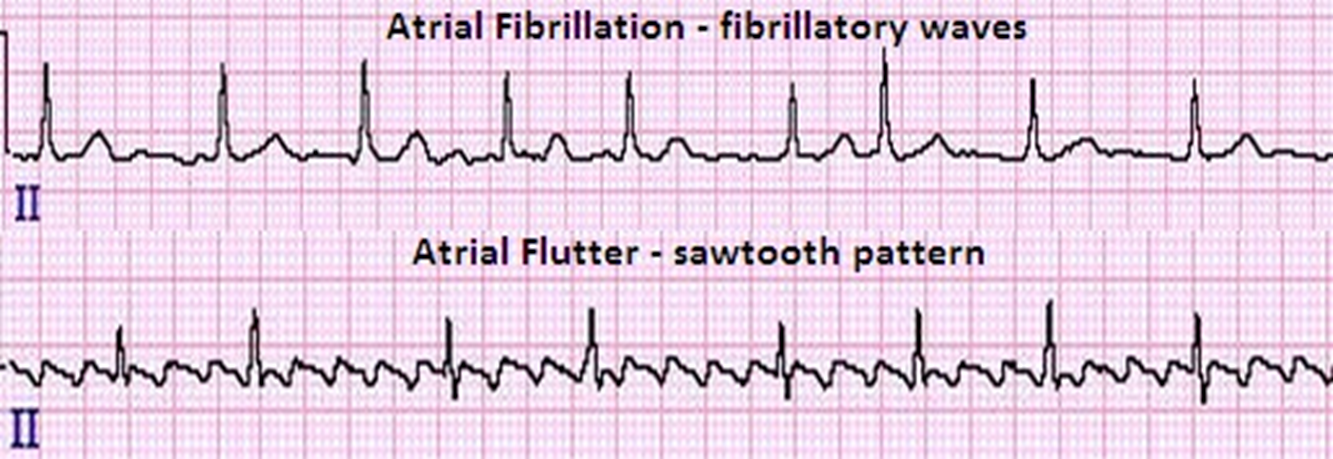Which antihypertensive medication is not recommended for patients with chronic obstructive pulmonary disease (COPD) and asthma?
Propranolol (Inderal): a beta-adrenergic receptor blocker.
Captopril (Capoten): an ACE inhibitor.
Diltiazem (Cardizem): a calcium antagonist.
Hydrochlorothiazide (HydroDIURIL): a diuretic.
The Correct Answer is A
Choice A rationale
Propranolol (Inderal) is a beta-adrenergic receptor blocker, also known as a beta-blocker. Beta-blockers can increase airway reactivity and may interfere with the activity of beta-agonists. They should be used with great caution or not at all in patients with chronic asthma.
However, beta blockers are safe for use in most patients with COPD, but less so in patients with asthma. Therefore, Propranolol (Inderal) is not recommended for patients with chronic obstructive pulmonary disease (COPD) and asthma.
Choice B rationale
Captopril (Capoten) is an ACE inhibitor, which is among the most widely used antihypertensive drugs. They are not contraindicated in asthma or COPD, but they can induce a bothersome cough that, although not damaging to the lungs, can be confused with cough due to underlying pulmonary diseases such as asthma and COPD1.
Choice C rationale
Diltiazem (Cardizem) is a calcium antagonist. There is no specific contraindication for using calcium antagonists in patients with COPD or asthma. These medications work by relaxing the muscles of your heart and blood vessels, but they do not have a direct effect on airway reactivity or lung function.
Choice D rationale
Hydrochlorothiazide (HydroDIURIL) is a diuretic. Diuretics help your body get rid of excess salt and water, primarily by stimulating your kidneys. They do not have a direct effect on airway reactivity or lung function, and there is no specific contraindication for using them in patients with COPD or asthma.
Nursing Test Bank
Naxlex Comprehensive Predictor Exams
Related Questions
Correct Answer is B
Explanation
Choice A rationale
Calcium channel blockers are primarily used to treat hypertension, angina, and certain heart arrhythmias. They work by relaxing the muscles of your heart and blood vessels. While they can affect heart rate and blood pressure, they would not typically have immediate implications for a patient presenting with intermittent chest pain.
Choice B rationale
Phosphodiesterase 5 enzyme inhibitors, such as sildenafil (Viagra), are used to treat erectile dysfunction and pulmonary arterial hypertension. These medications can interact with nitroglycerin, a common medication used to treat chest pain, to cause a severe and life-threatening drop in blood pressure. Therefore, it’s crucial to know if a patient is taking this type of medication when they present with chest pain.
Choice C rationale
Anticoagulants are used to prevent blood clots. If a patient is taking an anticoagulant, it could affect their clotting times and could be important if the patient needs surgery or if the cause of their chest pain is a clot. However, this would not typically have immediate implications for the treatment of chest pain.
Choice D rationale
Loop diuretics are strong diuretics that are used to treat edema and hypertension. They work by preventing your body from absorbing too much salt, allowing the salt to instead be passed in your urine. While important to know for overall patient care, they would not typically have immediate implications for a patient presenting with chest pain.
Correct Answer is B
Explanation
Choice A rationale: Adenosine Adenosine is a naturally occurring substance that relaxes and dilates blood vessels. It also affects the electrical activity of the heart. Adenosine is used to help restore normal heartbeats in people with certain heart rhythm disorders. However, it is not typically used for atrial fibrillation.
Choice B rationale: Diltiazem Diltiazem belongs to a class of medications called calcium-channel blockers. It works by relaxing the blood vessels so the heart does not have to pump as hard. Diltiazem also increases the supply of blood and oxygen to the heart. It is used in adults alone or in combination with other medications to treat hypertension (high blood pressure) or symptoms of angina (chest pain). Diltiazem injection is used in adults to treat certain heart rhythm disorders such as atrial fibrillation.
Choice C rationale: Atropine Atropine is a tropane alkaloid and anticholinergic medication used to treat certain types of nerve agent and pesticide poisonings as well as some types of slow heart rate, and to decrease saliva production during surgery. However, it is not typically used for atrial fibrillation.
Choice D rationale: Captopril Captopril is used in adults alone or in combination with other medications to treat high blood pressure (hypertension) and congestive heart failure.
Captopril is also used to improve survival and reduce the risk of heart failure after a heart attack in patients with a heart condition called left ventricular hypertrophy (enlargement of the walls of the left side of the heart)4. However, it is not typically used for atrial fibrillation.

Whether you are a student looking to ace your exams or a practicing nurse seeking to enhance your expertise , our nursing education contents will empower you with the confidence and competence to make a difference in the lives of patients and become a respected leader in the healthcare field.
Visit Naxlex, invest in your future and unlock endless possibilities with our unparalleled nursing education contents today
Report Wrong Answer on the Current Question
Do you disagree with the answer? If yes, what is your expected answer? Explain.
Kindly be descriptive with the issue you are facing.
